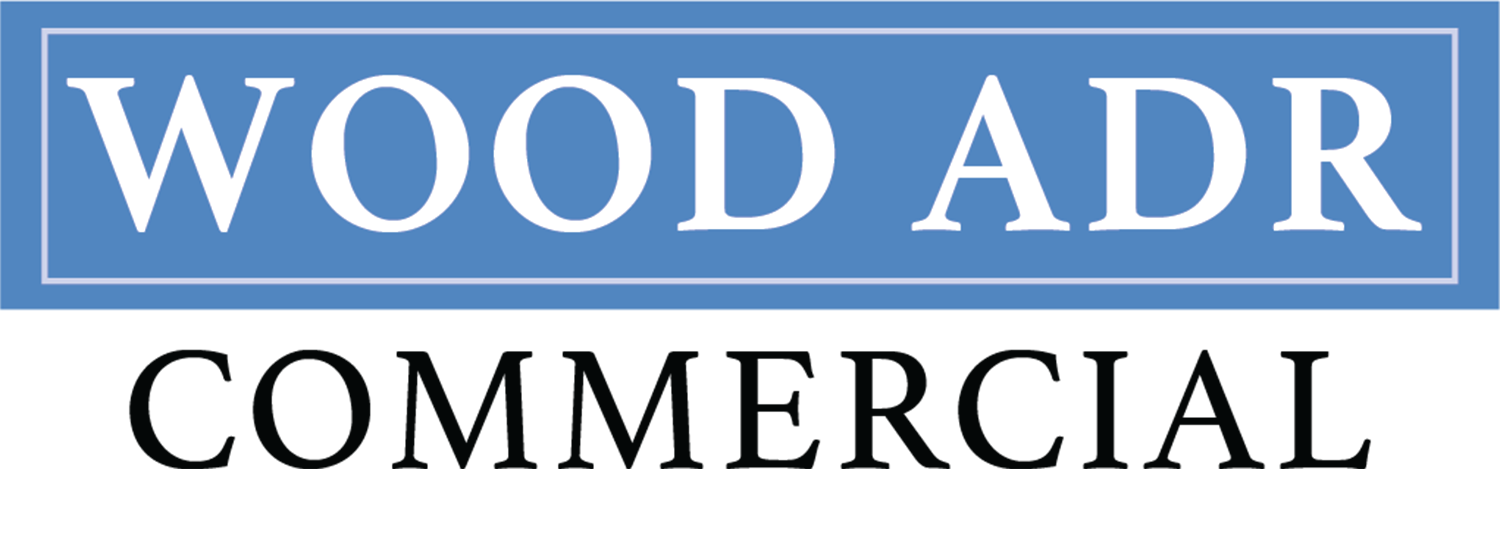How an Intellectual Property Attorney in Ventura California Can Prepare for Mediation
Intellectual property attorneys in Ventura California are quickly becoming one of the fastest growing practitioners of mediation. Intellectual property law lends itself to mediation and other forms of alternative dispute resolution due to the ability to keep parties out of the courtroom and provide workable solutions. Intellectual property attorneys in Ventura California who thoroughly prepare for the mediation process are more likely to bring about a positive result in their clients’ cases than those who do not adequately prepare.
Well before mediation, intellectual property attorneys should thoroughly acquaint themselves with the case. They should be aware of the nature of the intellectual property dispute and how it arose. Additionally, they should have documents, photographs or other evidence on hand that supports their client’s position regarding his or her ownership interest and creation.
An intellectual property attorney can provide a summary of this information in the mediation brief. Additionally, he or she should summarize the settlement offers that were made and rejected so that the mediator can start where previous negotiations left off.
Although mediation is much less formal than litigation, intellectual property attorneys should still perform many of the pre-trial tasks that they would prepare with litigation. For example, they should research relevant statutes and case law to determine how cases with similar issues played out in court. Some intellectual property attorneys will also conduct some discovery in order to better represent their client, including asking for communications between the parties, any relevant contracts and important testimony received through a deposition. Intellectual property attorneys can then compile this information in the order that it would be presented at mediation. This process helps familiarize the attorney with the legal issues and factual circumstances and substantiates the strength of the client’s case.

